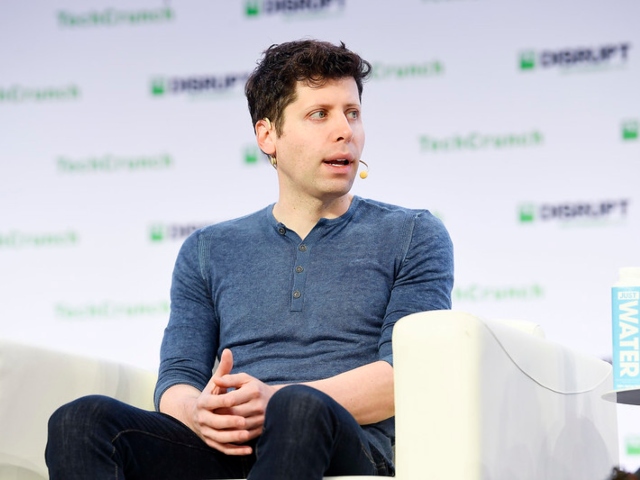A growing, hidden workforce of AI trainers is playing a crucial role in developing artificial intelligence systems like ChatGPT, despite the lack of benefits and recognition. In fact, the vaunted power of AI systems rely on this hidden army of contractors making $15 an hour.
NBC News reports that a covert army of contract workers has emerged to assist AI systems in learning and producing the text and images we see today as artificial intelligence advances in a number of industries. Alexej Savreux, a 34-year-old from Kansas City with years of experience in various industries, is one such employee.
Savreux and other AI trainers have devoted countless hours to improving ChatGPT and other OpenAI systems. In addition to labeling images and making predictions about the text that these AI systems should produce next, they also provide crucial training data. This important job pays $15 per hour and up, with no benefits.
“We are grunt workers, but there would be no AI language systems without it,” said Savreux, who has worked for tech startups like OpenAI. “You can design all the neural networks you want, you can get all the researchers involved you want, but without labelers, you have no ChatGPT. You have nothing.”
In the field of AI, where the spotlight is focused on the technological advancements and the researchers who made them, this labor-intensive work frequently goes unnoticed. According to Sonam Jindal, the program lead for AI, labor, and the economy at the Partnership on AI, “A lot of the discourse around AI is very congratulatory. But we’re missing a big part of the story: that this is still hugely reliant on a large human workforce.”
AI contract work is frequently unpredictable and anonymous, with employees hired under written contracts by either the employer directly or by a third-party vendor that specializes in temporary employment or outsourcing. The absence of benefits like health insurance for these workers typically results in lower costs for tech companies but may expose the workforce to risk.
The Partnership on AI has demanded equitable pay and better working conditions for contract AI workers. DeepMind, a Google AI subsidiary, is the only tech company to have made a public commitment to these principles so far. “A lot of people have recognized that this is important to do. The challenge now is to get companies to do it,” said Jindal.
Read more at NBC News here.
Lucas Nolan is a reporter for Breitbart News covering issues of free speech and online censorship. Follow him on Twitter @LucasNolan


COMMENTS
Please let us know if you're having issues with commenting.